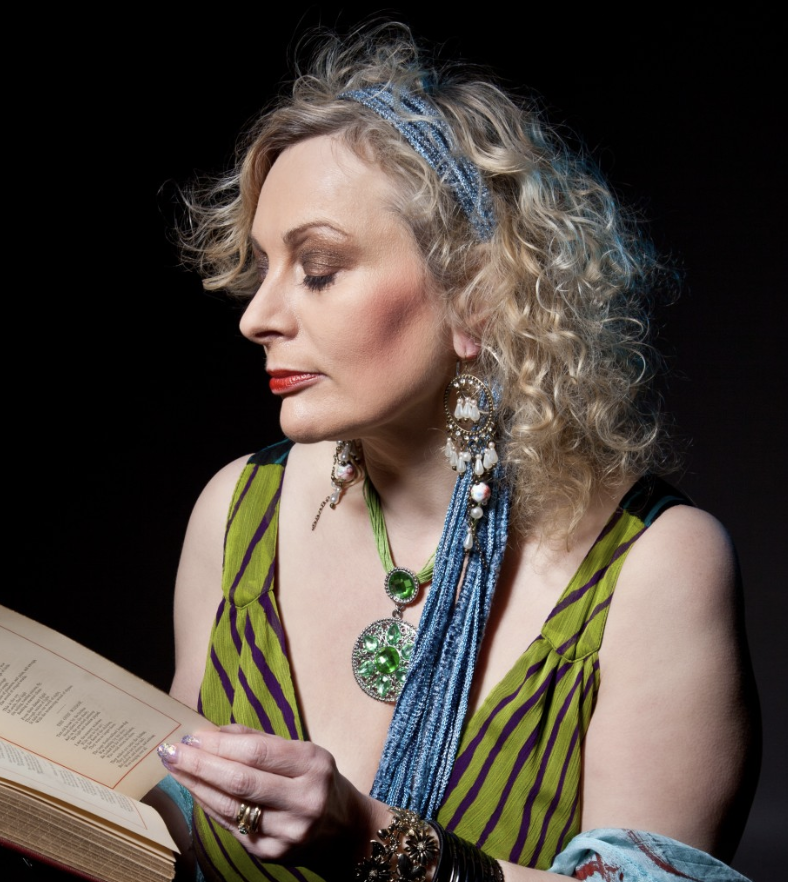You Don’t Check Your Blood Sugar
People with type 2 diabetes can often keep their blood sugar levels under control with diet, exercise, and medicine. But unless you check your blood sugar level with a meter on the schedule your doctor recommends, you won’t have the most accurate results.
Any person with diabetes can benefit from checking their blood sugar. And when you track your results in a log, your doctor can tell how well you’re responding to your treatment plan over time.
You’re Thirsty, and You Have to Go
Thirst and frequent urination are two classic diabetes signs caused by too much sugar in your blood.
As your kidneys work harder to filter out the sugar, they also pull more fluids from your tissues, which is why you have to go to the bathroom more often than usual. Thirst is your body’s way of telling you it needs to replenish the liquids it’s losing. If you don’t drink more fluids, you can dehydrate.
You’re Wiped Out
Fatigue is another signal that your blood sugar isn’t under control. When sugar is staying in your bloodstream instead of being diverted to your body’s cells, your muscles don’t get enough fuel to use for energy.
You might feel only a little tired, or your fatigue might be so bad that you need a nap. Sometimes people with diabetes feel especially tired after eating a big meal.
You Feel Dizzy
Feeling dizzy or shaky can be a sign of low blood sugar or hypoglycemia. Because your brain needs glucose to function, a drop in blood sugar can be dangerous — even life-threatening — if you don’t address it.
A glass of fruit juice can bring up your blood sugar in the short term. But if you have been feeling shaky or dizzy, talk to your doctor. You may need to adjust your medications or diet …



